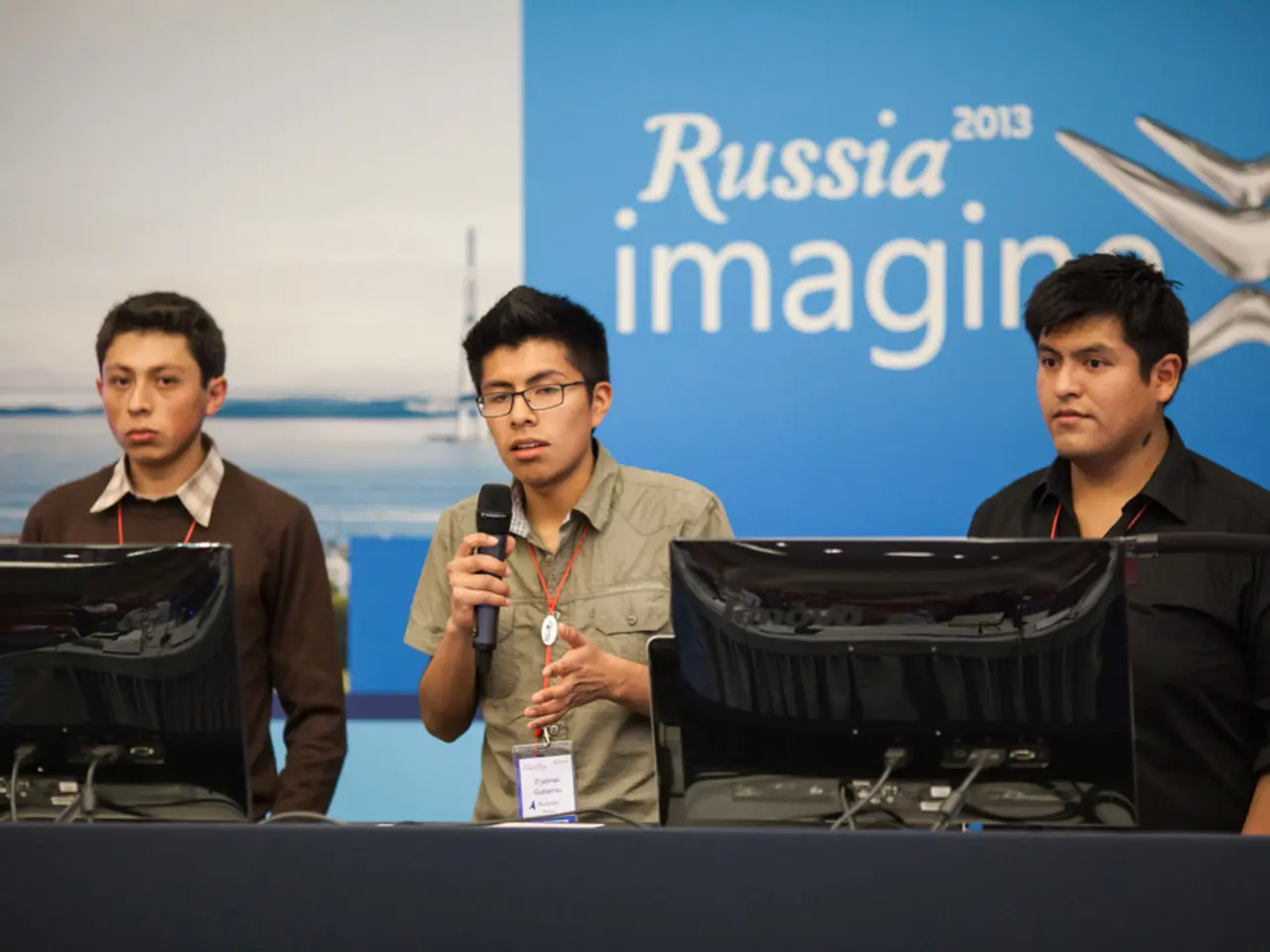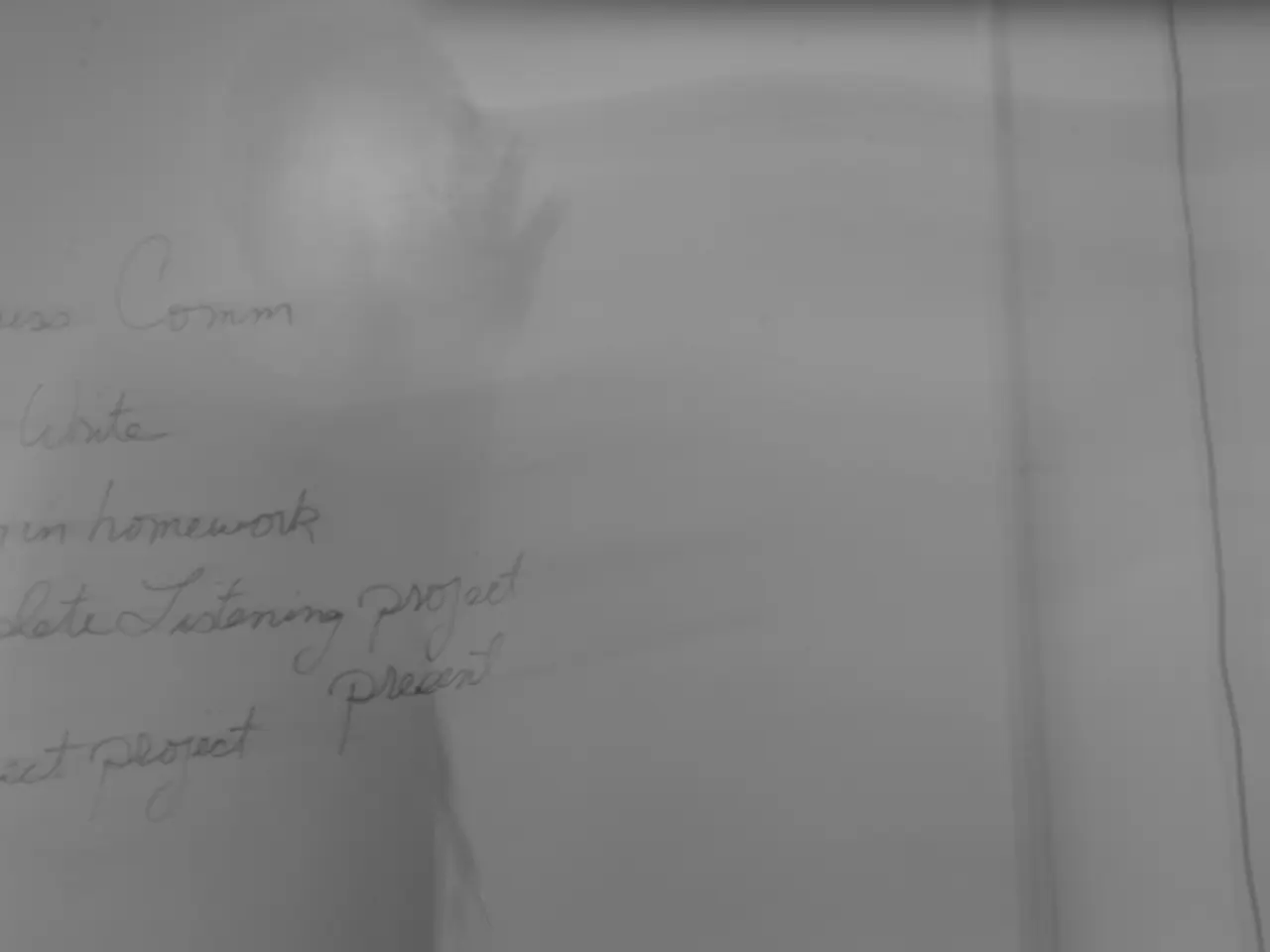European Court in Strasbourg rules that Russia breached Google's privileges concerning YouTube video material
In a landmark decision, the European Court of Human Rights (ECtHR) has ruled in favour of Google in a case against Russia, finding that Russia violated Google's rights under Article 10 (freedom of expression) and Article 6 Section 1 (fair trial) of the European Convention on Human Rights.
The ruling, issued on July 8, 2025, in the case of **Google LLC and Others v. Russia (Application no. 37027/22)**, comes after years of tension between the tech giant and Russian authorities over content removal requests and fines.
The key issues at the heart of the case revolved around content removal requests, fines, and pressure exerted on Google, particularly in relation to the suspension of the YouTube channel of Tsargrad TV, a Russian media entity owned by a sanctioned individual.
Between 2021 and 2023, Russian authorities issued numerous takedown orders targeting YouTube videos critical of government policies, war reporting related to Ukraine, and LGBTQ rights advocacy. Google geo-blocked some content within Russia but refused to remove other politically sensitive videos, leading to significant fines and lawsuits.
The steep administrative fines, exceeding RUB 28 billion, exerted considerable pressure on Google to censor content on YouTube. These penalties were based on the combined revenue of multiple Google companies, including those not directly involved.
The ECtHR criticised Russian courts for failing to justify several legal actions, including aggregating revenues from unrelated entities and overriding contractual jurisdiction clauses without adequate reasoning. This lack of justification was considered a violation of fair trial rights.
The case also involved the suspension of the YouTube channel of Tsargrad TV. Russian courts ordered Google to reinstate services to Tsargrad TV, imposing penalties that doubled weekly if compliance was not met. The ECtHR criticised these measures as unjustified and incompatible with legal certainty.
The ECtHR's ruling underscores the importance of balancing national interests with the protection of freedom of expression and fair trial rights. The judgment is subject to possible referral to the Grand Chamber but becomes final if no request is made within a specified timeframe.
The case concerned Google's refusal to remove political content from YouTube, including criticism of the Kremlin's handling of the Covid-19 pandemic and support for opposition figure Alexei Navalny. The ECtHR expressed "serious doubts" as to whether the interference with Google's right to freedom of expression was prescribed by law, noting the questionable application of Article 308.3 of the Russian Civil Code.
Despite Russia ceasing to be a party to the ECHR on 16 September 2022, the ECtHR confirmed that it retained jurisdiction over facts occurring before that date. The court noted that political expression and independent journalism were treated as inherently threatening to national interests, without any meaningful scrutiny or evidence of actual harm, creating a "chilling effect" on content critical of the Russian state.
The ECtHR found multiple breaches of the European Convention on Human Rights (ECHR), including under Article 10 (freedom of expression) and Article 6 (right to a fair trial). The ruling serves as a significant victory for Google and a reminder of the importance of upholding freedom of expression in the digital age.
The ECtHR's ruling in the case of Google LLC and Others v. Russia highlights the tension between national politics and general news, as well as policy-and-legislation, especially in regards to content removal requests and fines imposed on Google. The court's decision underscores the importance of balancing national interests with freedom of expression and fair trial rights, setting a precedent in the realm of digital rights.




